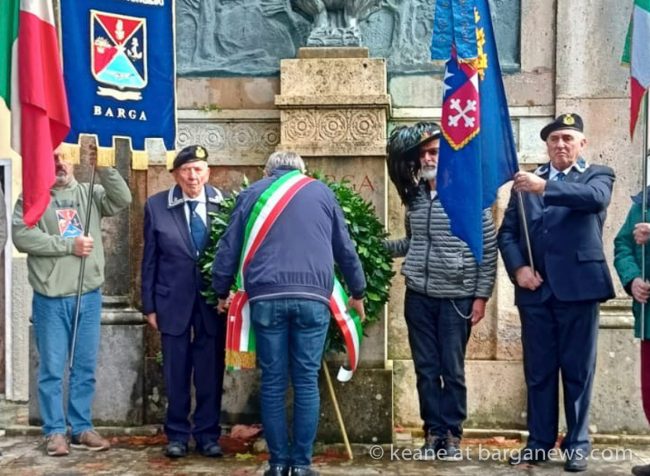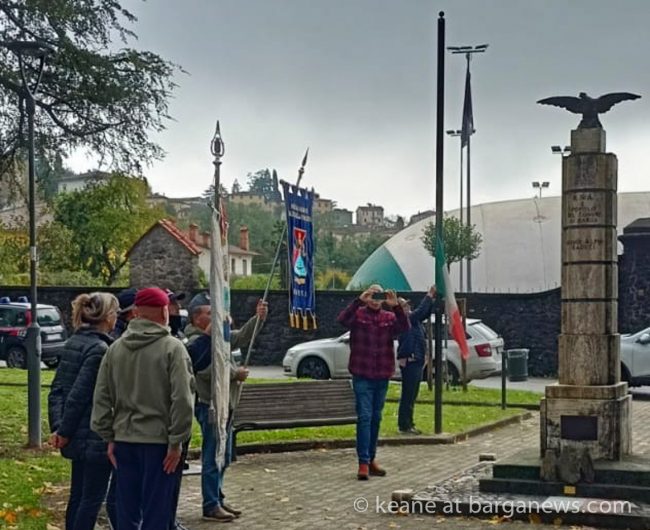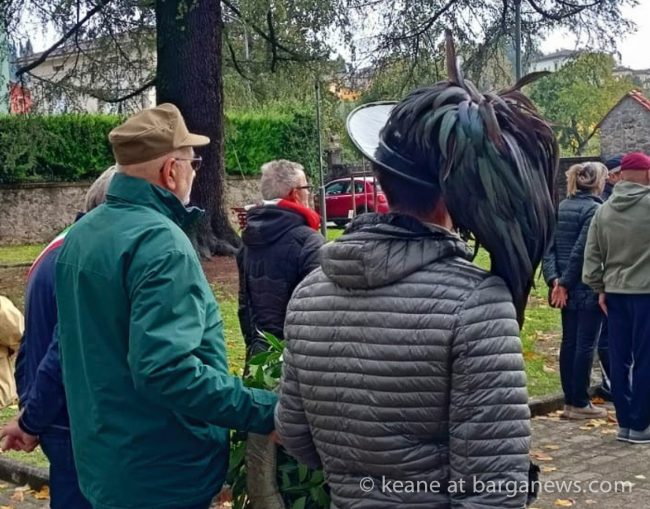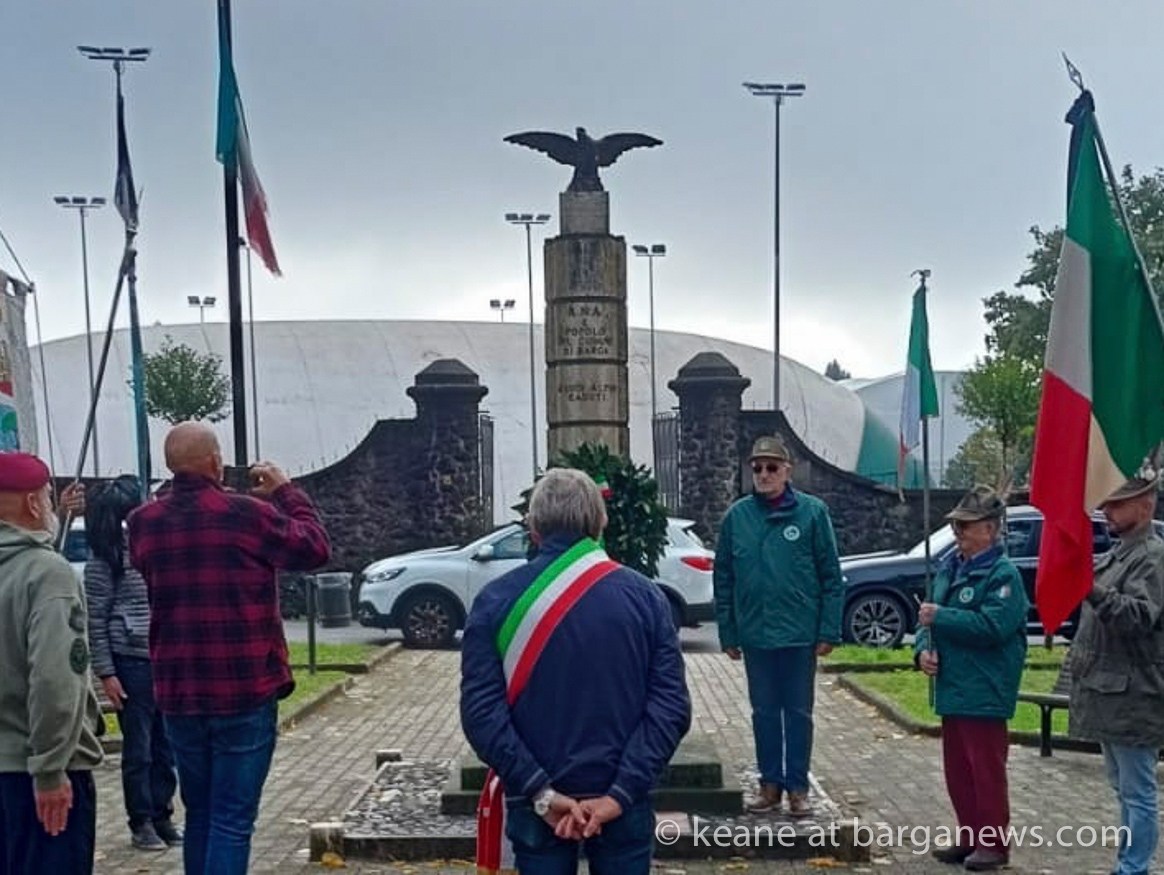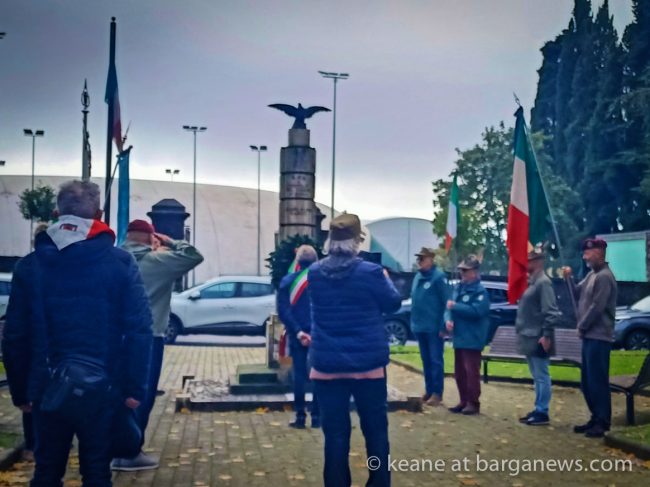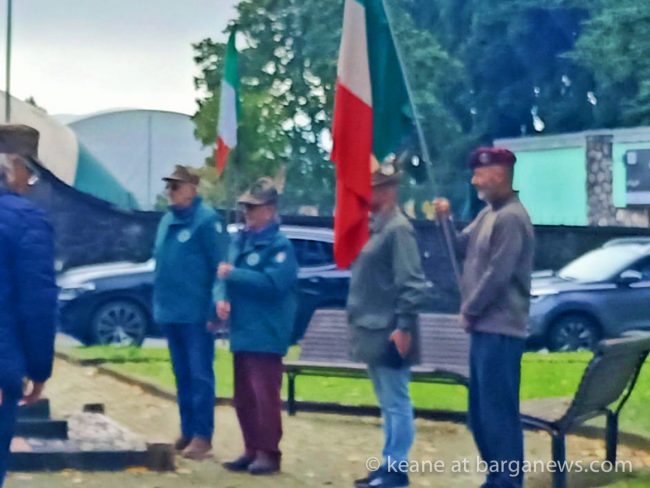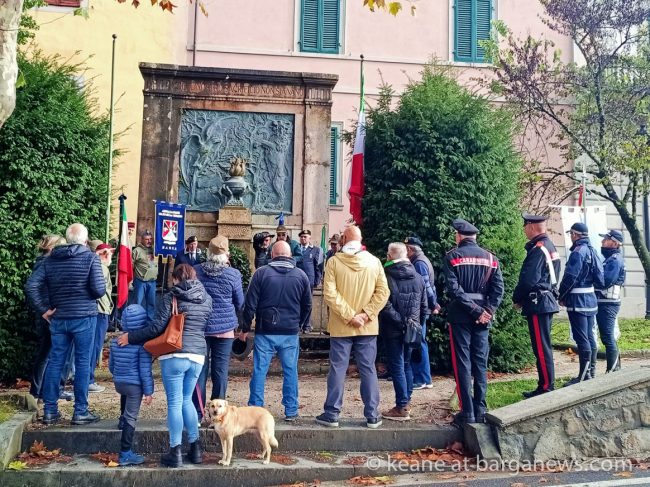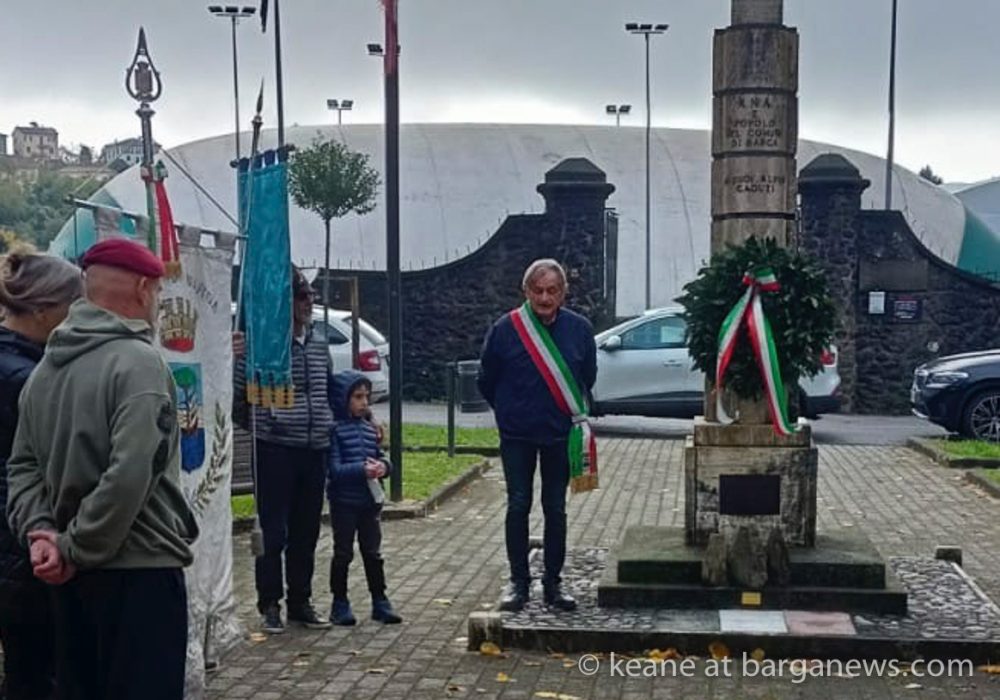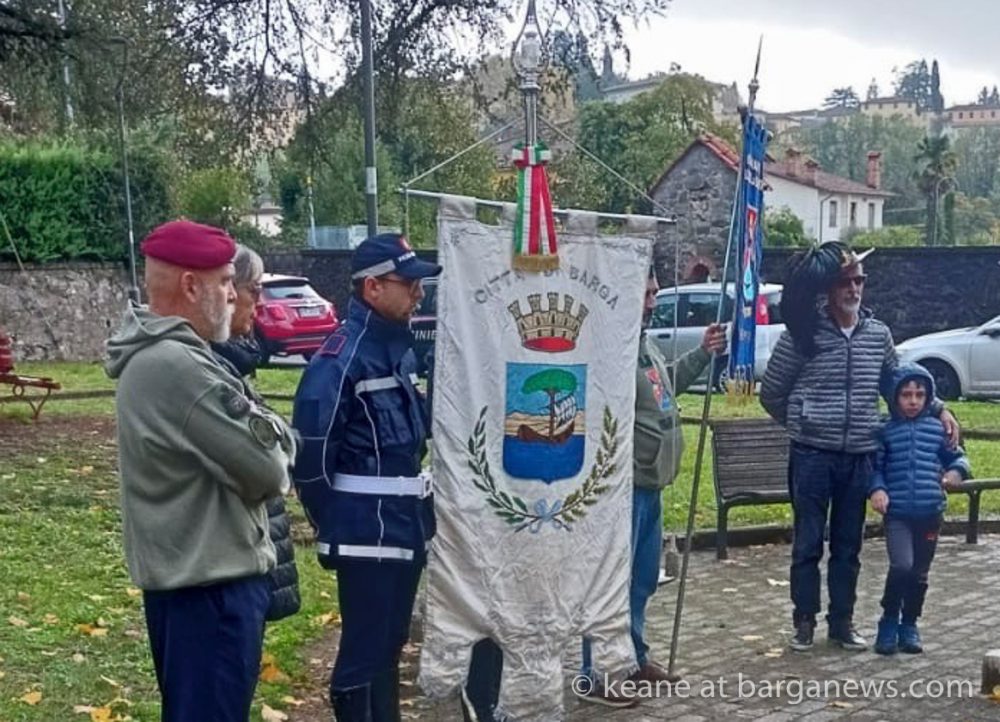National Unity and Armed Forces Day is an Italian national day since 1919 which commemorates the victory in World War I, a war event considered the completion of the process of unification of Italy. It is celebrated every 4th November, which is the anniversary of the armistice of Villa Giusti becoming effective in 1918 declaring Austria-Hungary’s surrender
Recently, the original meaning of this celebration, so closely related to war and death, has faded.
These days while commemorating all the people who lost their lives during wars, or serving the nation, they now generally reflect about the issue of maintaining the country united and in peace.
The 4th November was a holiday until 1976. From 1977, during the austerity caused by the 1973 oil crisis, it became a moveable feast according to the calendar reform of national holidays introduced in 1977 and celebrations occurred every first Sunday of November.
During the 1980s and 1990s, its importance declined but in the 2000s, thanks to the impulse given by former president of the republic Carlo Azeglio Ciampi, who has been a main protagonist of a general valorization of Italian national symbols, the holiday gained more widespread celebrations.
“At the beginning of World War I Italy remained neutral, claiming that the Triple Alliance had only defensive purposes, and the war was started by the Austro-Hungarian Empire. However, both the central empires and the Triple Entente tried to attract Italy on their side, and in April 1915 the Italian government agreed (London Pact) to declare war on the Austro-Hungarian Empire in exchange for several territories (Trento, Trieste, Istria, Dalmatia). In October 1917, the Austrians, having received German reinforcements, broke the Italian lines at Caporetto, but the Italians (helped by their allies) stopped their advance on the river Piave, not far from Venice. After another year of trench warfare, and a successful Italian offensive in autumn 1918, the exhausted Austro-Hungarian Empire surrendered to the allies on November 4, 1918, soon followed by the German Empire.”
From the barganews archives: 2014 | 2013 | 2012 | 2011 | 2010| 2009 |
 |
 |
 |
 |
4 Novembre – Festa dell’Unità Nazionale è una giornata nazionale italiana dal 1919 che commemora la vittoria nella Prima Guerra Mondiale, un evento bellico considerato il completamento del processo di unificazione dell’Italia. Si celebra ogni 4 novembre, anniversario dell’armistizio di Villa Giusti che divenne efficace nel 1918 dichiarando la resa dell’Austria-Ungheria.
Recentemente, il significato originale di questa celebrazione, strettamente legato alla guerra e alla morte, si è affievolito. Oggi, pur commemorando coloro che hanno perso la vita durante le guerre o servito la nazione, si riflette in generale sull’importanza di mantenere il Paese unito e in pace.
Il 4 novembre è stato festivo fino al 1976. Dal 1977, durante l’austerità causata dalla crisi petrolifera del 1973, è diventata una festa mobile secondo la riforma del calendario delle festività nazionali introdotta nel 1977 e le celebrazioni si svolgevano ogni prima domenica di novembre.
Negli anni ’80 e ’90, la sua importanza è diminuita, ma negli anni 2000, grazie all’impulso dato dall’ex presidente della Repubblica Carlo Azeglio Ciampi, protagonista principale di una valorizzazione generale dei simboli nazionali italiani, la festa ha guadagnato una celebrazione più diffusa.
Sul fronte della Prima Guerra Mondiale, l’Italia all’inizio rimase neutrale, affermando che la Triplice Alleanza avesse solo scopi difensivi e che la guerra fosse stata avviata dall’Impero Austro-Ungarico. Tuttavia, sia gli imperi centrali che la Triplice Intesa cercarono di attirare l’Italia dalla loro parte e nell’aprile 1915 il governo italiano accettò (Patto di Londra) di dichiarare guerra all’Impero Austro-Ungarico in cambio di diversi territori (Trento, Trieste, Istria, Dalmazia). Nel ottobre 1917, gli austriaci, avendo ricevuto rinforzi tedeschi, sfondarono le linee italiane a Caporetto, ma gli italiani (aiutati dai loro alleati) fermarono il loro avanzamento sul fiume Piave, non lontano da Venezia. Dopo un altro anno di guerra di trincea e una riuscita offensiva italiana nell’autunno del 1918, l’esaurito Impero Austro-Ungarico si arrese agli alleati il 4 novembre 1918, seguito presto dall’Impero Tedesco.




